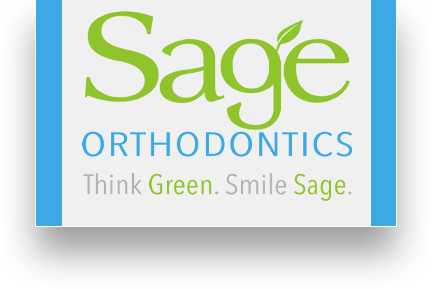
There is no doubt that dairy products contain high levels of calcium, which is essential for the development and maintenance of strong teeth and bones. However, not all dairy products work in the same way. According to a recent study, cheese is actually capable of preventing dental cavities.
In what ways does cheese prevent cavities?
Cheese stimulates the production of saliva in your child’s mouth, which removes sugars, acids, and bacteria from their teeth. Additionally, cheese is an excellent source of calcium and phosphorus, both of which contribute to the strength of tooth enamel. Some of the compounds found in cheese actually adhere to tooth enamel and provide added protection against acids that attack the enamel of teeth.
Do all cheeses have the same characteristics?
There are some cheeses that are healthier for your family than others. Make sure your child consumes real cheese varieties rather than processed cheeses in order to get the most benefit from cheese consumption. To enhance their flavor, American cheese, cheese dips, and prepackaged cheese products, such as those in jars or spray cans, contain added sugars. Instead of protecting teeth, these sugars can harm them by wearing down tooth enamel, increasing your child’s risk of tooth decay. Furthermore, these types of cheese products contain a considerably reduced amount of actual cheese.
What types of cheese should I give my child?
There are hundreds of types of real cheese available that contain calcium and are excellent for protecting your teeth. Several aged cheeses are delicious options for your child, including cheddar, Swiss, and Monterey Jack. If your child prefers softer cheeses, mozzarella, Brie, or Camembert are delicious options. For children with an adventurous palate, cheeses such as Gorgonzola, Roquefort, and other similar cheeses make excellent choices.
If we are following a low-fat diet, what should we do?
There’s good news! The fat content of the cheese you choose does not affect its ability to protect your child’s teeth. There is just as much calcium, phosphorus, and other tooth-protecting compounds in low-fat or non-fat varieties of cheese as in full-fat varieties.
As there are many delicious options to choose from, consider offering your child cheese as a snack or at the end of a meal. This is an alternative to sugary or starchy foods. Your child will enjoy the taste of cheese as well as the fact that it is healthy for their teeth. Contact our orthodontic office if you would like more information about healthy snacking.

